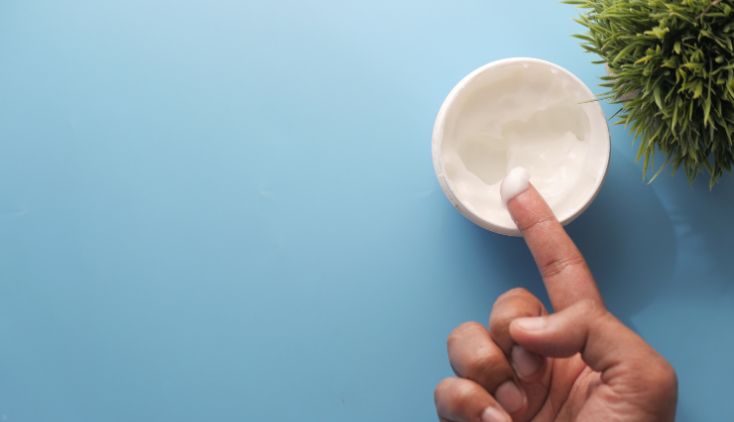Common Plaque Psoriasis Treatments to Consider
Plaque psoriasis is a skin condition that causes red, scaly patches on the skin. These patches can be itchy and sometimes painful. Many people with plaque psoriasis look for ways to help reduce the appearance of these patches and feel more comfortable. In this article, we will explore ten plaque psoriasis treatments that are currently available.
1. Anthralin
Anthralin is a cream, ointment or solution that can help slow down the rapid growth of skin cells. This treatment is often applied to the patches for a short time and then washed off. It works by reducing the inflammation and scaling. Anthralin may make the skin turn a bit reddish and can sometimes cause irritation.
2. Coal Tar
Coal tar is one of the oldest treatments for psoriasis. It is made from an oily substance that comes from coal. When applied to the skin, coal tar helps to reduce scaling, itching and inflammation. Many people use coal tar products, such as shampoos, creams or baths, to help manage their psoriasis symptoms.
3. Corticosteroids
Corticosteroids are medicines that come in many forms such as creams, lotions and ointments. They work by reducing swelling and calming the red, inflamed skin. These treatments can provide quick relief from the discomfort caused by psoriasis. Corticosteroids are available in different strengths. Stronger versions are usually used for thicker plaques or in areas that are hard to treat.
4. Salicylic Acid
Salicylic acid is a common ingredient in skin care products for psoriasis. It works by softening and removing scales on the skin. When the scales are softened, it helps other treatments to work better by allowing them to get deeper into the skin. People often use shampoos, creams or gels with salicylic acid to treat or manage their psoriasis symptoms.
5. Medicine Injections
Some people with plaque psoriasis may try injections of medicine. These injections, sometimes called biologics, are designed to target specific parts of the immune system that cause inflammation. By blocking these parts, the medicine helps to calm the skin and reduce the patches. Biologic injections often work when other treatments have not helped enough. They are usually given by a doctor and may be done in a clinic or hospital.
6. Oral Medications
Oral medications are pills or capsules that are taken by mouth. These medicines work inside the body to slow down the rapid growth of skin cells and reduce inflammation. They include drugs that are more general and sometimes have a longer list of possible side effects. Doctors may prescribe these medications for more severe cases of plaque psoriasis or for people who have not had enough help from topical treatments (creams and ointments).
7. Phototherapy
Phototherapy is a treatment that uses ultraviolet (UV) light on the skin. This light slows down the rapid growth of skin cells and can reduce inflammation. Phototherapy is usually done in a doctor’s office or a special clinic. Patients are given controlled doses of UVB light, which can be very effective for some people with plaque psoriasis. It is important to protect the skin during this treatment and to follow specific guidelines to prevent damage to healthy skin.
8. Probiotics
Probiotics are friendly bacteria that may help balance the immune system and reduce inflammation. Some research shows that there may be a link between the gut and skin problems, including psoriasis. Some people use probiotic supplements or eat foods that contain probiotics, like yogurt or kefir, to help manage skin flare-ups.
9. Aloe Vera
Aloe vera is a natural remedy that many people use to soothe irritated skin. The gel from the aloe vera plant can be applied directly to patches of psoriasis. It may help reduce redness, itching and scaling. Aloe vera is gentle and many people enjoy it because it is natural. However, it works differently for different people, and some may need to combine it with other treatments for the best results.
10. Apple Cider Vinegar
Apple cider vinegar is another natural treatment that is popular with some people. It is used because it is thought to have antibacterial properties and may help balance the skin’s pH. When diluted with water, apple cider vinegar can be applied to the skin. Some people find that it helps reduce itching and improves the appearance of psoriasis patches. However, it can sting on open or sensitive skin, so it should be used with caution and typically is diluted before use.
Final Notes
Plaque psoriasis is a condition that can be managed with a variety of treatments. By talking with a healthcare provider, people with plaque psoriasis can make informed decisions and find relief that fits their needs.
